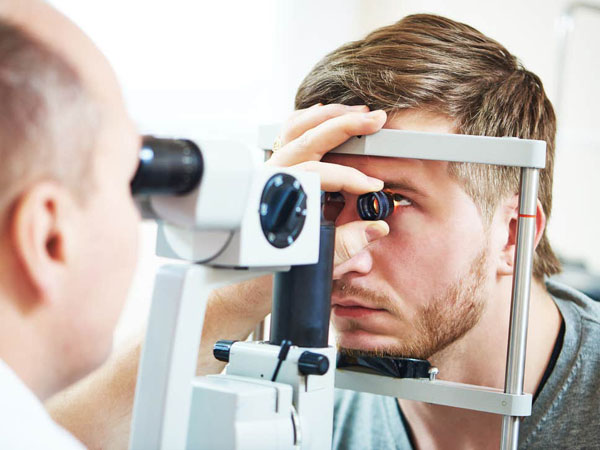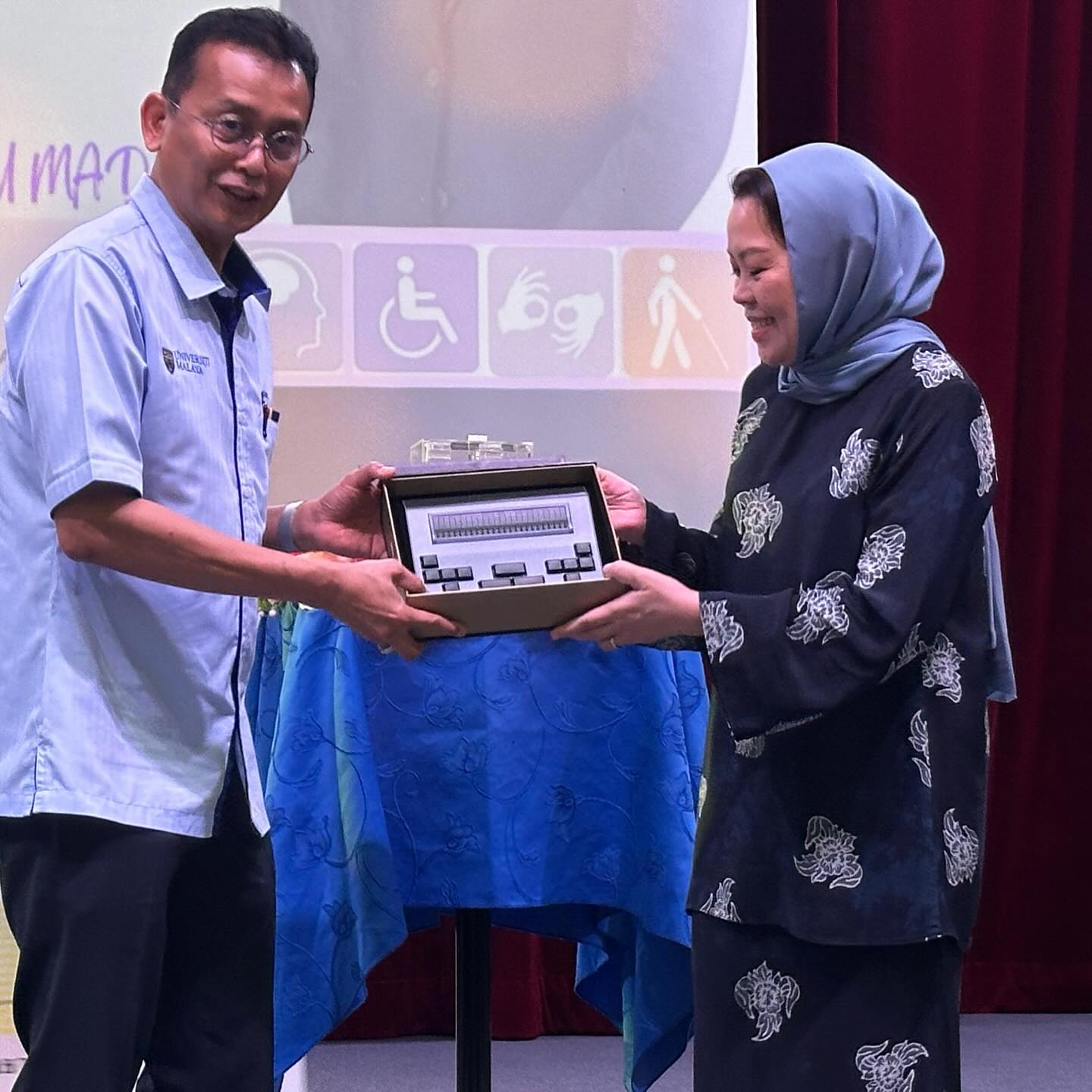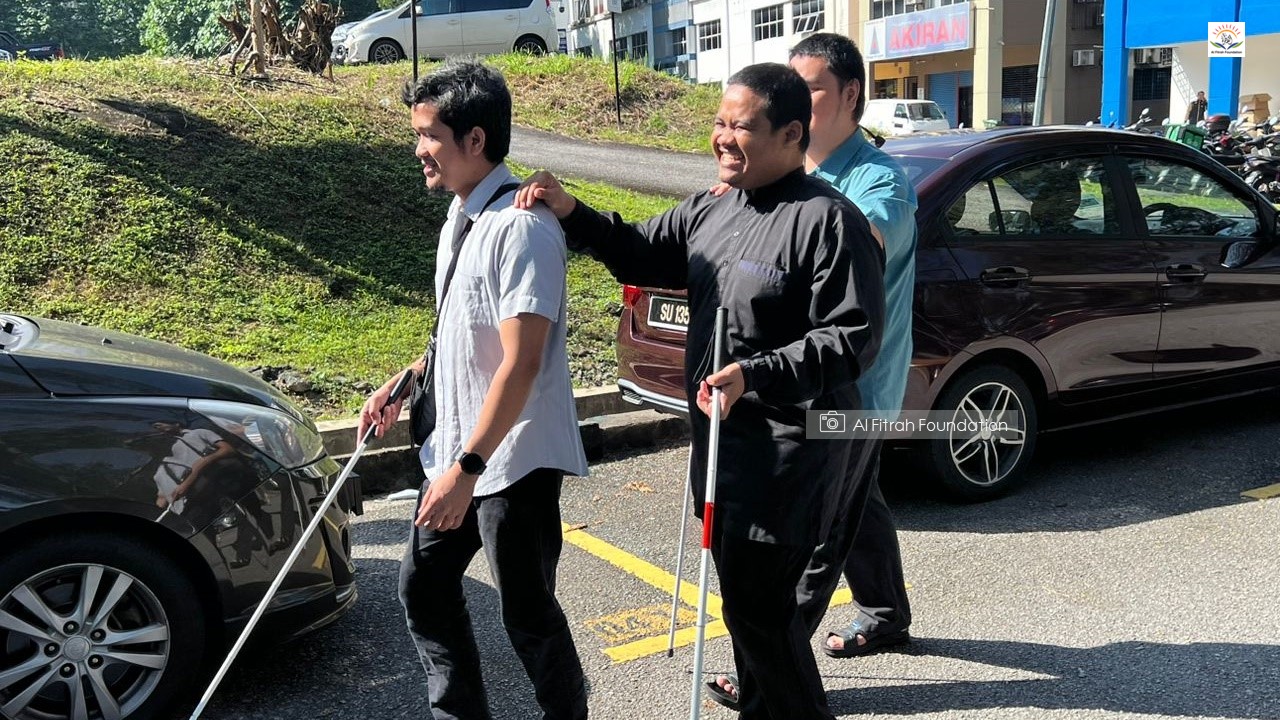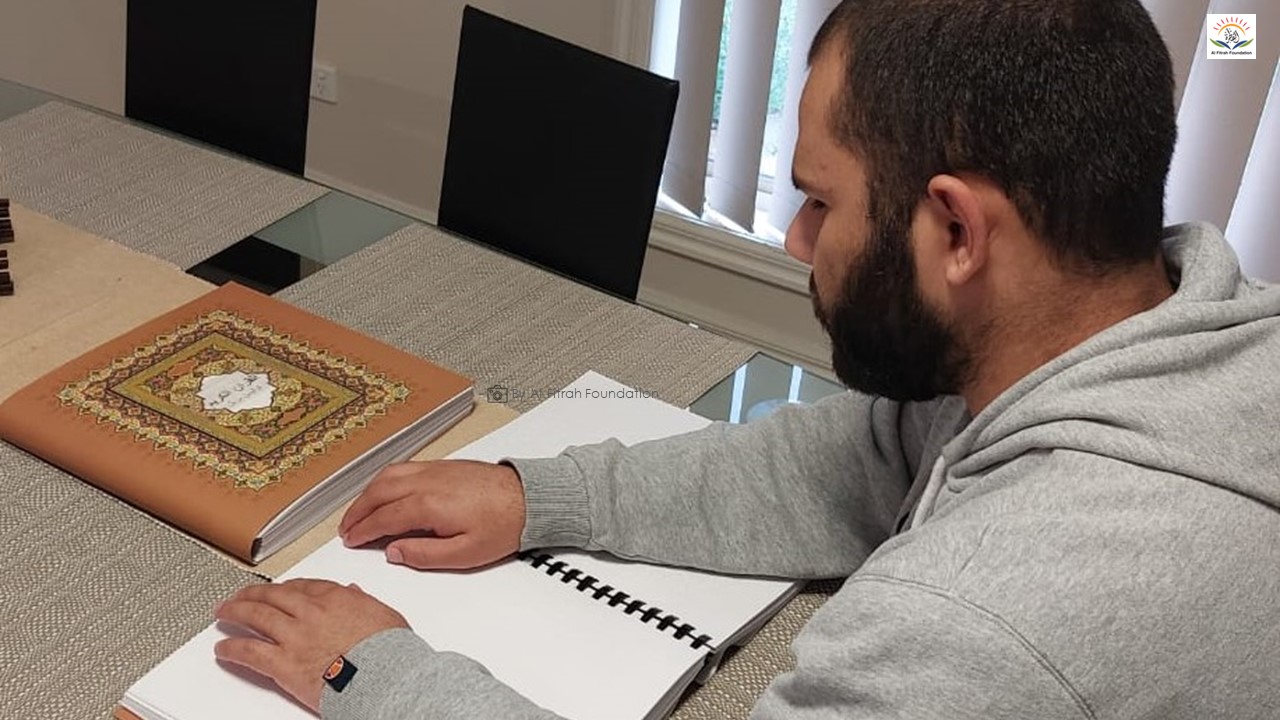
‘It is a real message of hope – I feel within my lifetime we can restore functional sight to the blind’, expert says of successful study
Partial sight has been restored to six blind people through an implant which transmits video images from a camera directly to the brain.
In the groundbreaking study by a US team of specialists, electrodes implanted in the brain’s visual cortex received footage from a video camera mounted on glasses, enabling participants to experience some level of vision where none had previously been possible.
The technology entirely bypasses both the eye and the optic nerve which would normally transmit sensory information to the brain.
University College London lecturer and Optegra Eye Hospital surgeon, Alex Shortt, said it was a significant development by the teams.
“Previously all attempts to create a ‘bionic eye’ focused on implanting into the eye itself. It required you to have a working eye, a working optic nerve,” Mr Shortt told the Daily Mail.
“By bypassing the eye completely you open the potential up to many, many more people.
“This is a complete paradigm shift for treating people with complete blindness. It is a real message of hope.”
The technology has not been proven to provide any level of sight for those born blind.
The US team, made up of specialists from Baylor Medical College in Texas and the University of California Los Angeles, asked participants, each of whom has been completely blind for years, to look at a blacked-out computer screen and identify a white square appearing randomly at different locations on the monitor.
The majority of the time, they were able to find the square.
“This is an exciting time in neuroscience and neurotechnology, and I feel that within my lifetime we can restore functional sight to the blind,” Dr Yoshor said.











